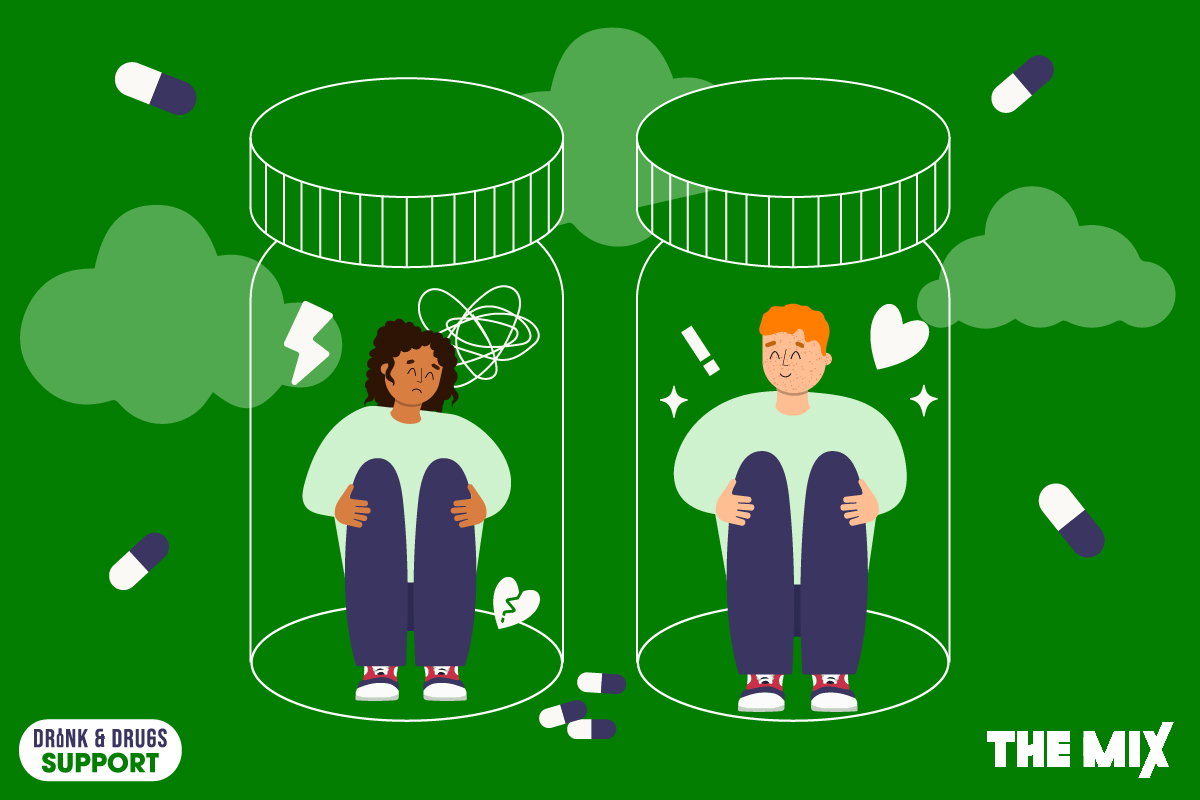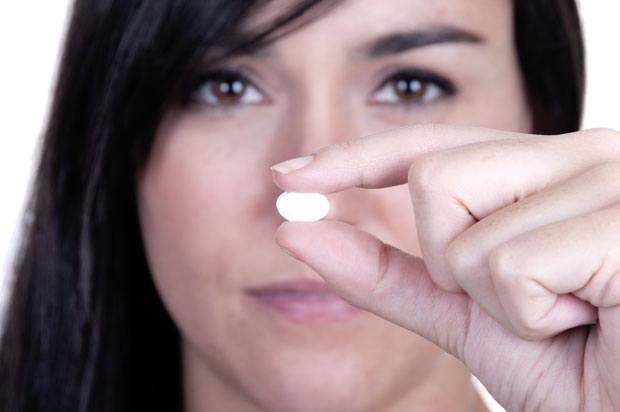Antidepressants FAQ


TW: This content includes references to suicidal thoughts. If you are struggling with this, you can contact our Crisis Messenger 24 hours a day, who are there to support you with whatever you’re going through. If you are feeling unsafe from your thoughts, go to A&E or call 999.
Being prescribed antidepressants can feel like a really big deal – it might mean that you’re unsure whether or not you want to take them, especially if you don’t understand how they’ll affect you. We spoke to Dr Lars Davidsson, psychiatrist and medical director of the Anglo European Clinic, to find out what you should know before you start.
Should I take antidepressants?
It’s an entirely personal decision and one that only you can make. Antidepressants can be a really helpful medication and can be transformative for some people, but you may find that talking therapy or lifestyle changes help you to recover before you need to take that step. Always talk to your doctor or psychiatrist about your options and take your time making your decision.
Being prescribed antidepressants by a GP
You went to see your GP about feeling low, or anxious, and you’ve come out with a prescription for antidepressants. How you feel about taking them will depend on what happened in that appointment, and the information you’ve been given. Psychiatrist Dr Lars Davidsson says it’s important the following happened:
- You felt listened to and understood
- They asked you in detail about your thoughts and feelings
- You were given a diagnosis
- You were offered CBT or another form of talking therapy alongside your medication
- The side-effects of the medication and how long it takes for it to work were thoroughly explained to you
“If a doctor has recommended you take antidepressants then my opinion is yes, you should probably take them,” says Dr Lars. “But you should also be referred to get some kind of therapy alongside the prescription too.”
Why is a diagnosis of depression important?
“In instances of mild depression, you shouldn’t be prescribed antidepressants at all, but offered some kind of CBT,” says Dr Lars. “If you have moderate depression, you should be prescribed both therapy and antidepressants.”
Learn more about Cognitive Behavioural Therapy (CBT)
What if I’m offered antidepressants but no therapy?
You don’t necessarily need to have therapy whilst taking antidepressants, however, if you feel that some kind of therapy will be more helpful to you long term, then it’s best to discuss this with your GP so that you can understand the options available to you.
“There’s really no reason why you should be advised to just take medication with nothing alongside it,” says Dr Lars. “If that happens, it’s usually down to a lack of resources or the GP’s lack of experience. Don’t be afraid to ask to be referred to a psychiatrist.”
Read more advice about what to do if you’re having trouble getting mental health help.
What are the side-effects of antidepressants?
There’s evidence that a type of antidepressant called SSRIs can have worse side-effects (including causing suicidal thoughts) for young people, pregnant women and women who are breastfeeding. SSRIs, such as Fluoxetine, are regularly used for depressive disorders.
Your doctor will be aware of this, and should prescribe you with a suitable medication, and they’ll tell you about any possible side-effects and what you can expect. Some people take antidepressants and have no trouble, but others find they:
- Feel sick
- Feel sleepy
- Feel worse or even more depressed
It’s important to bear in mind that you can experience side-effects within days of starting treatment, but it usually takes at least a couple of weeks for the medication to start working.
You should also have a follow up appointment to discuss whether they’re working for you. If you are having suicidal thoughts, see your GP or contact the Samaritans. Read more about how to cope with suicidal thoughts.
What does it feel like when antidepressants kick in?
Antidepressants aren’t like taking regular medication, where you might feel the effects shortly after taking them. It can take a while for your chemistry to adjust to the medication. You might not notice any obvious feeling when antidepressants kick in. Instead, there might be a gradual improvement in your symptoms. You may start to sleep better, find you’re more interested in things and have less anxiety and negative thoughts.
Will antidepressants affect my sex life?
Antidepressants might affect your sex life. A common side-effect is losing your ability to reach orgasm if you’re a woman, and ejaculate if you’re a man. This doesn’t happen to everyone though, and you can ask your doctor to change you to a different type of antidepressant if you’re experiencing these symptoms.
“Not every type of antidepressant is the same,” says Dr Lars. “If they’re affecting your sex life you can always ask your doctor to swap to a different one. And, remember that depression itself is a massive libido killer. Give your drugs a month or so to start working before you declare they’re putting you off sex.”
Can I drink alcohol while taking antidepressants?
Medical advice suggests that you shouldn’t drink alcohol whilst on antidepressants, as the booze lessens the impact of them. Alcohol can increase the side effects that the antidepressants are meant to be helping, such as drowsiness. But according to Dr Lars there’s room for a tiny bit of give.
“You absolutely can’t get drunk on them,” he says, “but you should be able to have a pint or two, a glass of wine here and there, but it has to be a very modest amount.” Some antidepressants can also be high risk when mixed with some illegal drugs, such as cocaine.
Do antidepressants cause weight gain?
Antidepressants can cause some weight gain. Because depression sometimes leads to a person not really feeling hungry, you may eat more once the antidepressants start to work properly.
If you’re worried about putting weight on, try and eat more healthily, or up your exercise. If it’s really a problem, go back to your GP and ask about changing your prescription.
Check out our article on getting a balanced diet.
Do antidepressants make you feel numb?
Evidence suggests that one of the main reasons people decide to stop taking antidepressants is because they can sometimes make you feel “numb”, withdrawn and can blunt your emotions. This is not everyone’s experience but it’s something you should consider.
If you’re taking antidepressants to treat anxiety, you may feel ‘number’ when actually you’re just feeling less anxious and wound up.
Alternatives to antidepressants
Depression and anxiety can often be a response to being in difficult life situations or having experienced trauma. If you would like to look into some alternatives to antidepressants to help you cope with this, there are plenty of options that you might try over time. Some of the most common ones are:
- Talking therapies such as Cognitive Behavioural Therapy (CBT)
- Adopting a healthy diet
- Upping your levels of exercise
- Getting more sleep and in a regular pattern
Check out our tips for getting fit and getting better sleep.
Take a look at the rest of The Mix’s depression resources.
The Mix would like to thank Adam Waugh, a senior scientist at The Loop, for reviewing this article.
Next Steps
- Chat about this subject on our Discussion Boards.
By Holly Turner
Updated on 10-Aug-2023
No featured article









